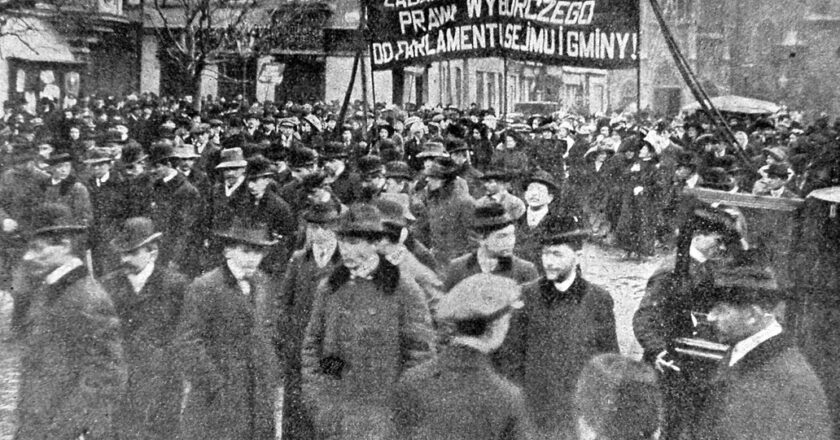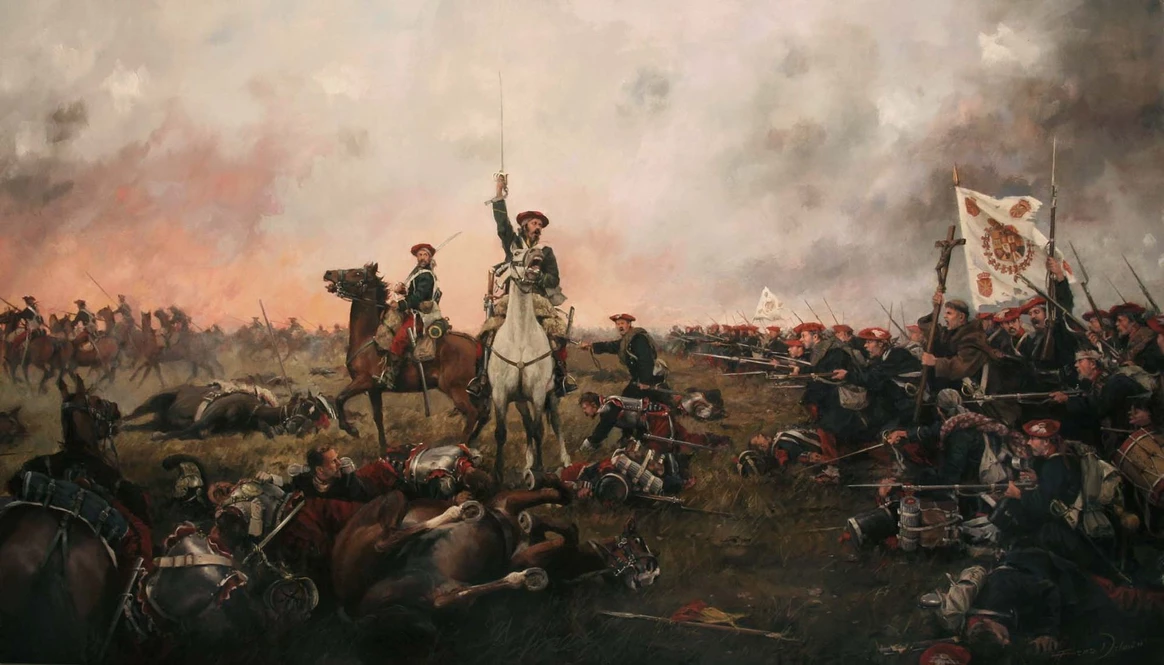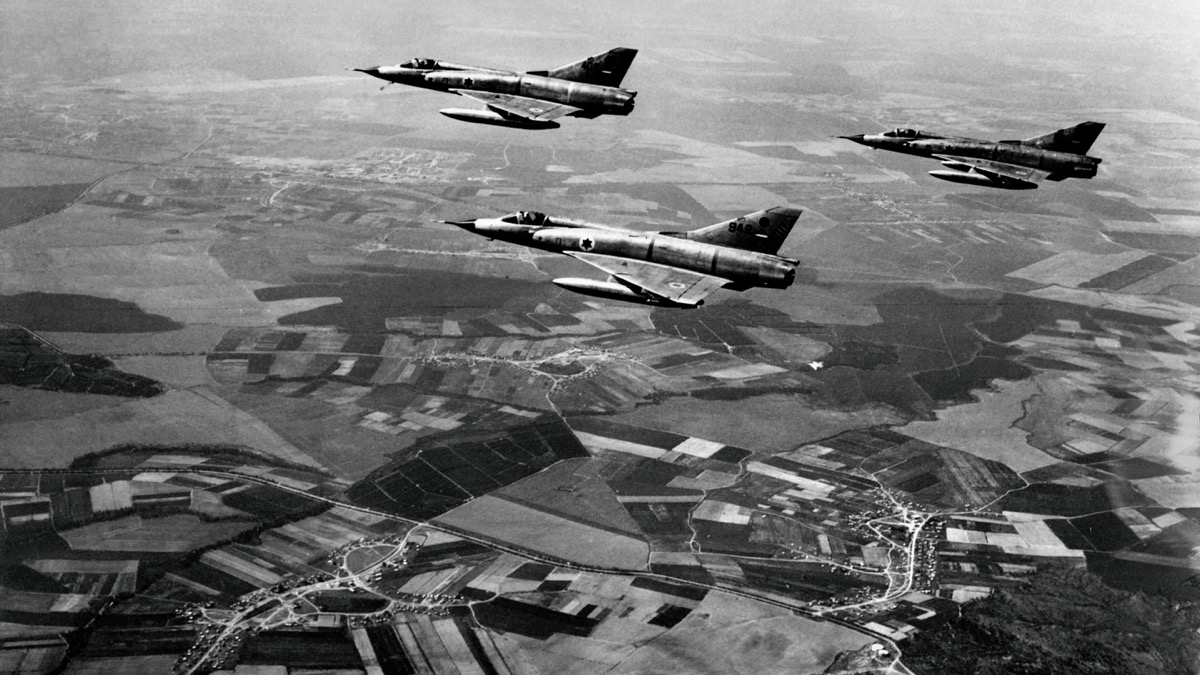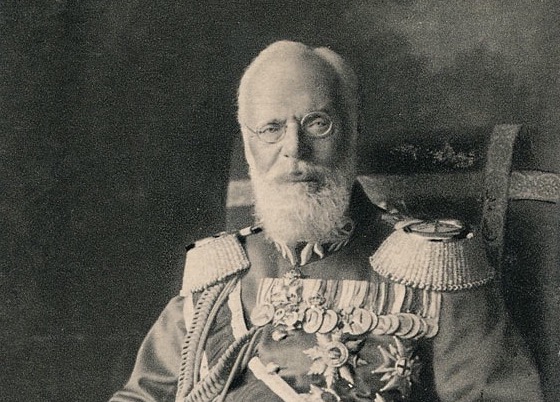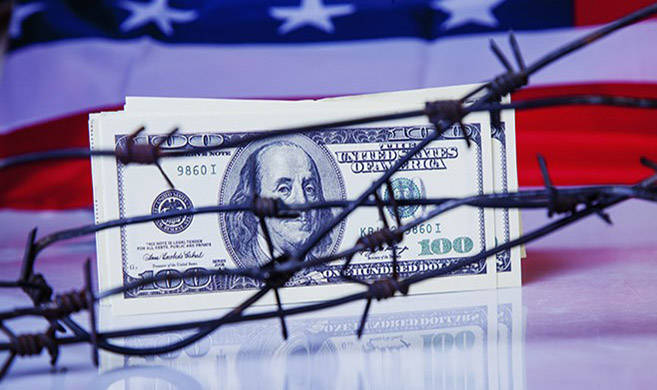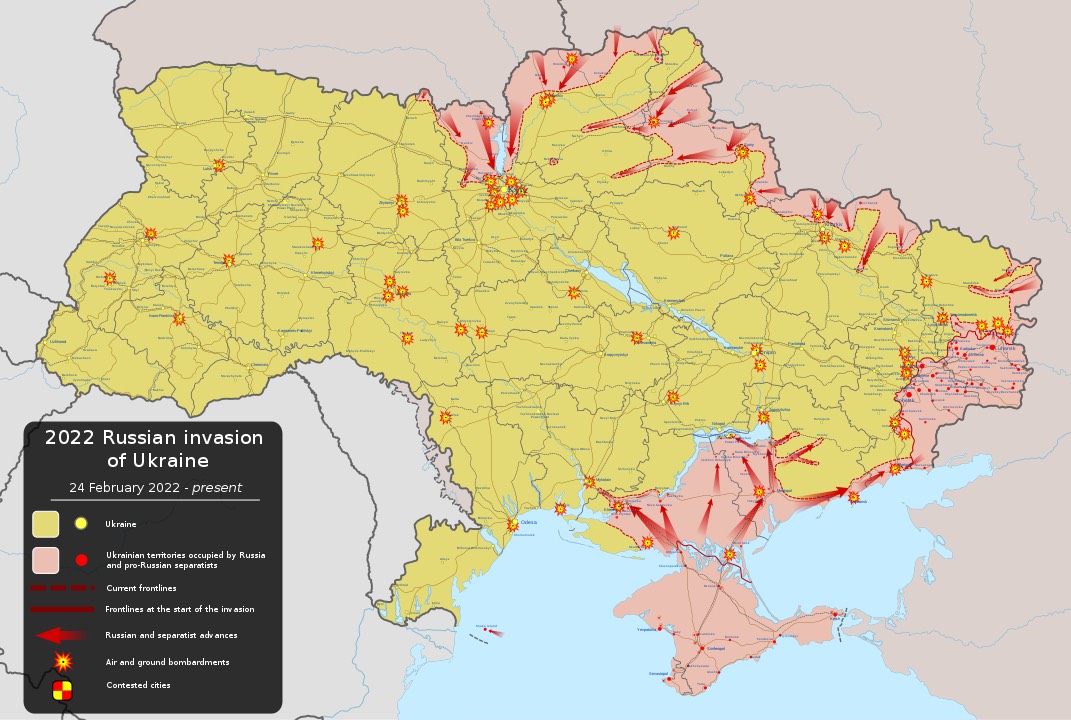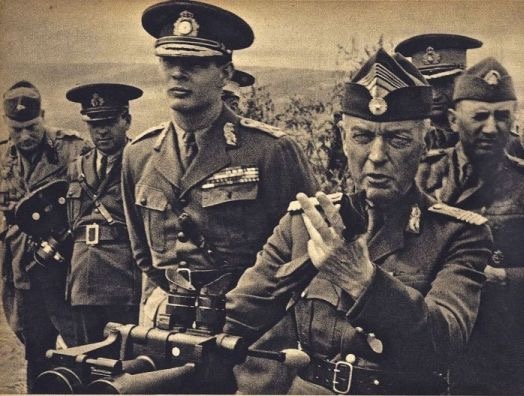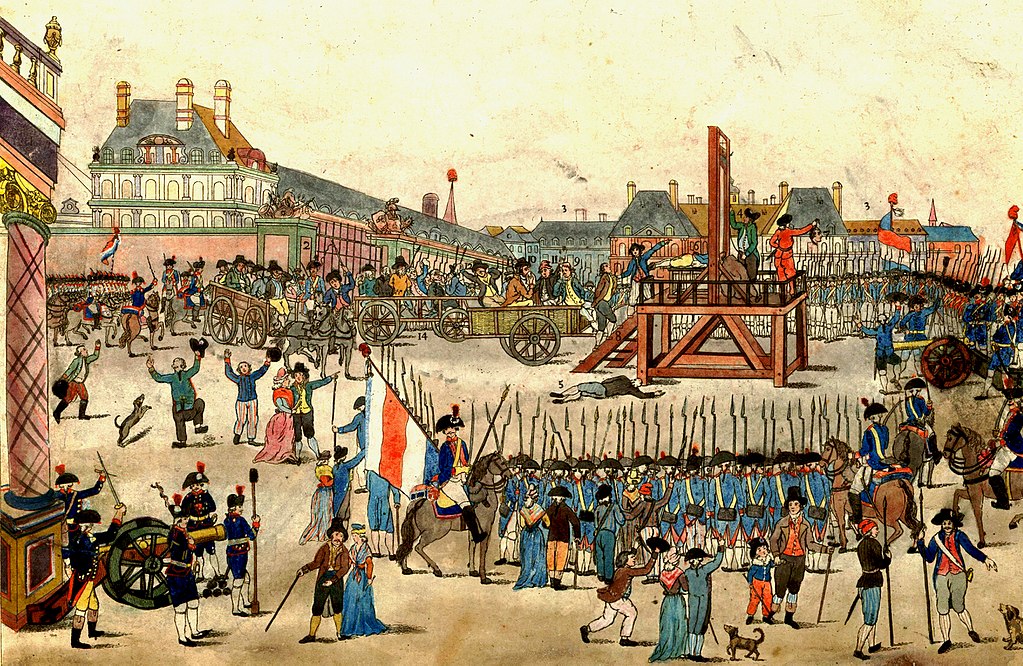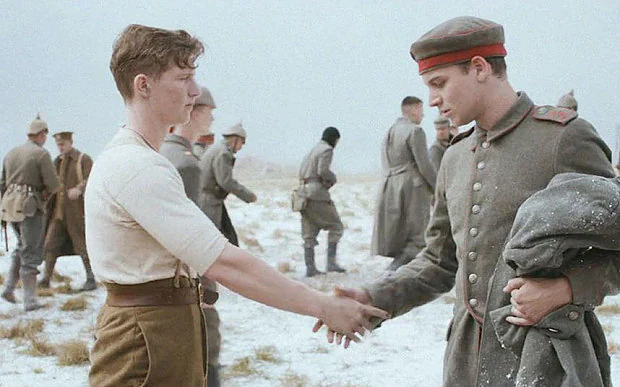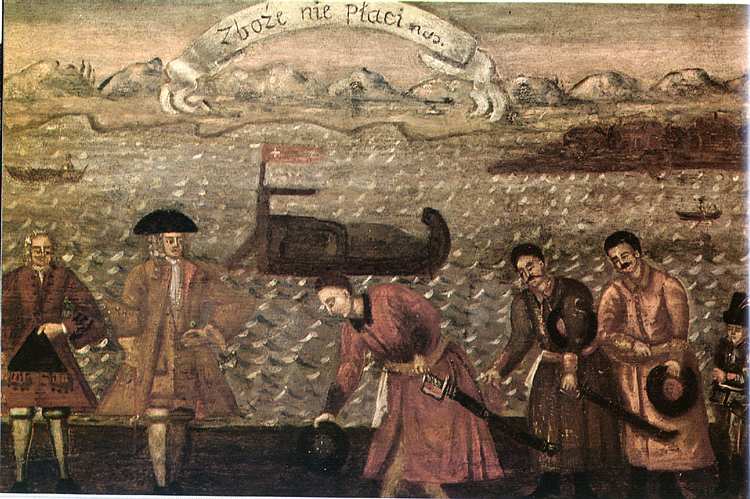105 years of Polish Women’s suffrage
November 28th marks a historic milestone of over a century of women’s voting rights in Poland, a relentless journey of empowerment and societal transformation. Delving into the triumphant struggle and profound impact of women’s suffrage in Poland unveils a narrative of resilience, activism, and the enduring pursuit of equality.
Demands for equal rights
This hard-fought achievement traces back to the 19th century, when Polish women, inspired by the movements in other countries around the world, began their fight for equality among genders. Polish women, in a then, non-existent Poland, started voicing their demands for equal rights. That, however, was much more complicated than for the suffragettes abroad.
Foreign women applied pressure on their respective governments, whereas Poles...
